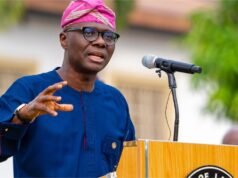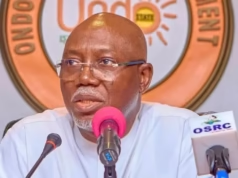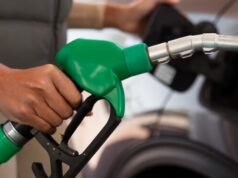Last week, President Bola Ahmed Tinubu approved the implementation of a fresh 15 % import duty on petrol (fuel) and diesel.
Nigerians will be forced to bear the burden when the policy goes into full effect in the upcoming weeks due to the development.
This means that when the levy is put into effect, imported fuel and diesel will increase by almost N99.72 per litre.
Zacch Adedeji, the Executive Chief of the Federal Inland Revenue Service, claims that the action, which aims to safeguard regional refineries, will raise the price of imported petrol at the pump in Lagos State from the current N925 to an anticipated N964.72 per litre.
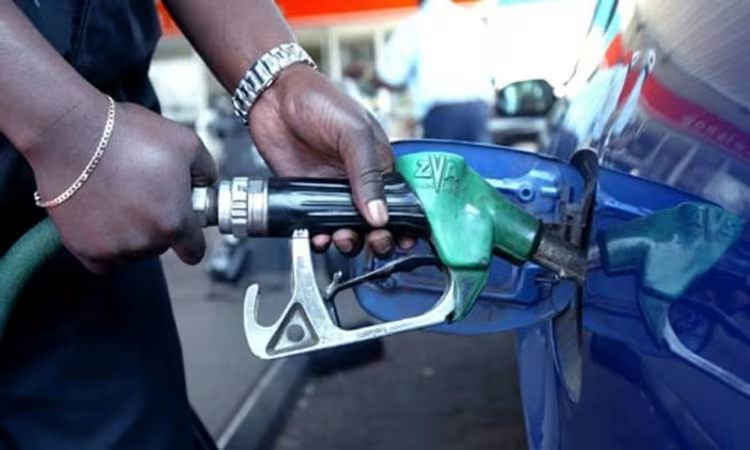
Over the past five days, there have been conflicting responses to the policy decision.
Presidential spokesperson Sunday Dare clarified that the policy serves as a bridge rather than a burden for Nigerians.
He said that by promoting local refining and increasing domestic capacity, the new import tax will reverse Nigeria’s tendency towards dependency.
According to Bismark Rewane, CEO of Financial Derivatives Company Limited, the policy is beneficial to the nation because it aims to promote domestic production.
However, Ayiri Emami, a businessman and chieftain of the All Progressives Congress in Delta, opposed the 15% import tax, pointing out that Nigerians would bear the cost.
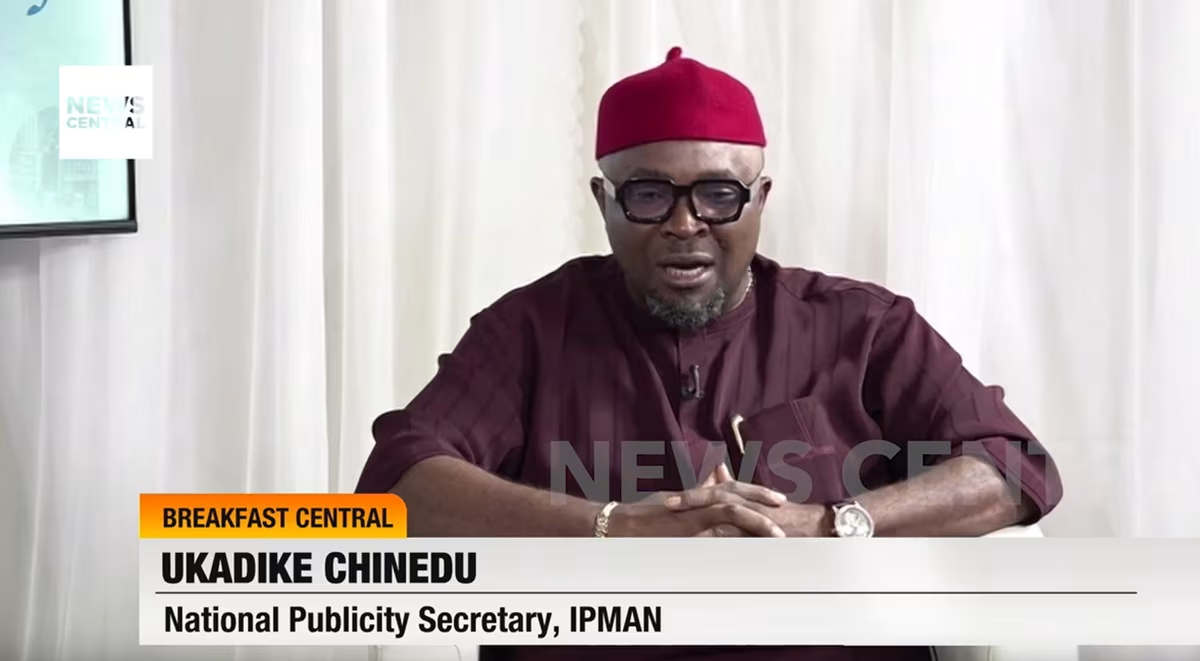
Similarly, Chinedu Ukadike, the spokesperson for the Independent Petroleum Marketers Association of Nigeria(IPMAN), also protested the tax, emphasising that it would raise the cost of petrol.
15 per cent import duty will halt long-standing dependence on imports – Okon
Dr. Tim Okon, Managing Partner of TENO Energy Resources Limited, and Lucky Akhiwu and Benson Upah, Publicity Secretaries of the Nigeria Labour Congress and Petroleum Technology Association of Nigeria (PETAN), respectively, discussed their opinions on the 15% import duty in an interview with DAILY POST on Monday.
Dr. Okon discussed the tariff strategy, stating that it was intended to alleviate Nigeria’s long-standing reliance on imported petroleum products.
He added that the new tax will lessen the Dangote Refinery’s influence on the nation’s oil and gas industry.
“The 15 per cent import tariff is to address dependence on imports.
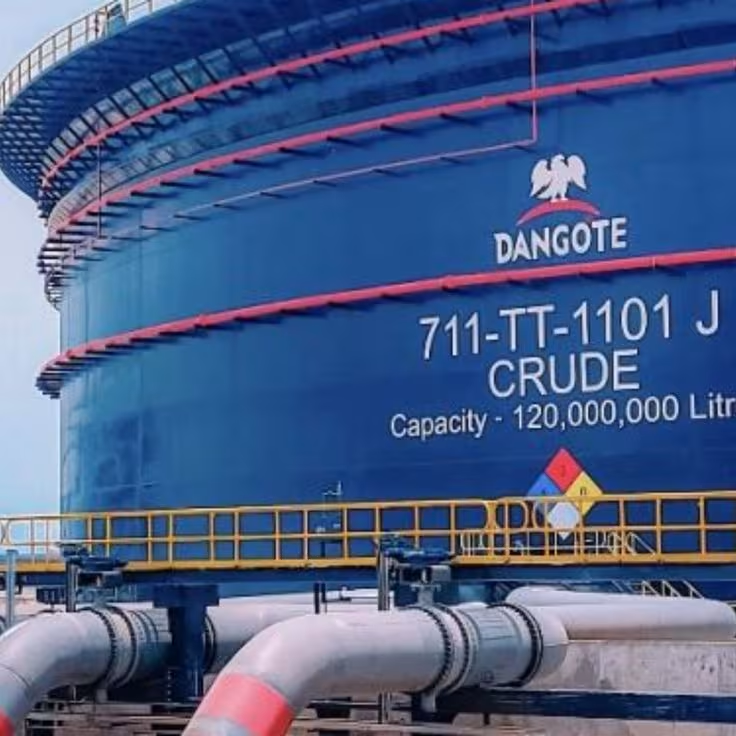
“Additional importation may not be needed with Dangote Refinery’s capacity in terms of fuel, diesel and other refined petroleum products. The move is eventually to reduce the influx of PMS in particular,” Okon explained.
According to him, one of the impacts of the policy is that it could also help generate extra government revenue if petrol importation continues despite Dangote Refinery’s output.
Policy may lead to the import of cheap petrol – PETAN
Akhiwu stated that his only concern is that the program would result in Nigeria importing inexpensive refined goods.
However, he pointed out that the policy is beneficial because it aims to support regional businesses.
He acknowledged that when the tax is put into effect, the cost of fuel and diesel might go up.
“It is a good policy. My only concern is that I hope this will not lead to the importation of cheap refined products into the country.
“We cannot rule out fuel prices; however, Dangote has promised that he would increase local production,” he said.
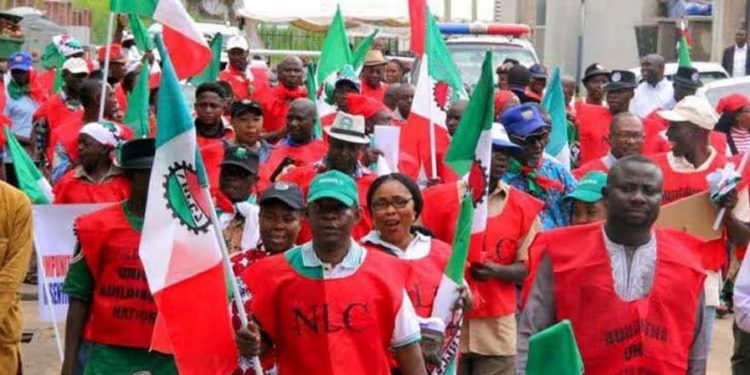
15 fuel import tariff may backfire, resulting in price manipulation – NLC warns
Upah said the policy is good if the local refinery can meet the country’s local demand.
He, however, warned that the policy could backfire if it results in fuel price manipulation or consumer exploitation by key players in Nigeria’s downstream sector.
“If local capacity can meet local demand without distortions or manipulations to achieve an undue business advantage at the expense of the consumer, this will be quite okay because we need to protect local industries,” Upah stated.
He stressed, however, that if the fuel tariff is used to shield monopolies or manipulate supply, Nigerians would ultimately bear the brunt through higher prices.
According to industrial data from the Nigerian Midstream and Downstream Petroleum Regulatory Authority, Dangote Refinery provides 20 million litres of fuel per day out of an average daily usage of 45 to 50 million litres.
Dangote Refinery, however, stated that it is now loading more than 45 litres of PMS, supporting the 15% import tax on refined petroleum products.
In Lagos and Abuja, Nigerians currently pay between N925 and N960 a litre for fuel.
Join Our Social Media Channels:
WhatsApp: NaijaEyes
Facebook: NaijaEyes
Twitter: NaijaEyes
Instagram: NaijaEyes
TikTok: NaijaEyes
READ THE LATEST POLITICS NEWS.



